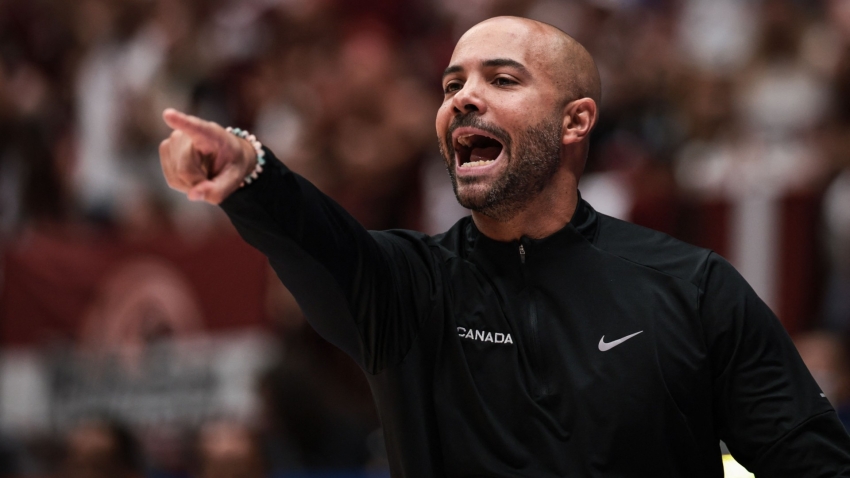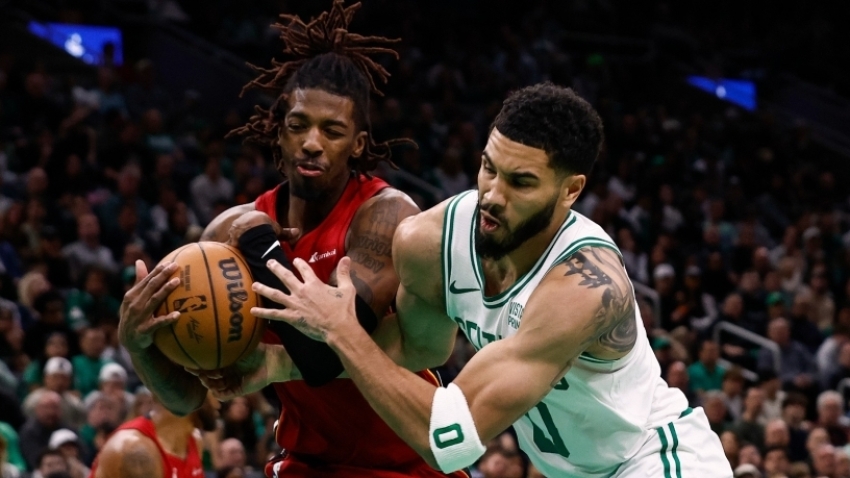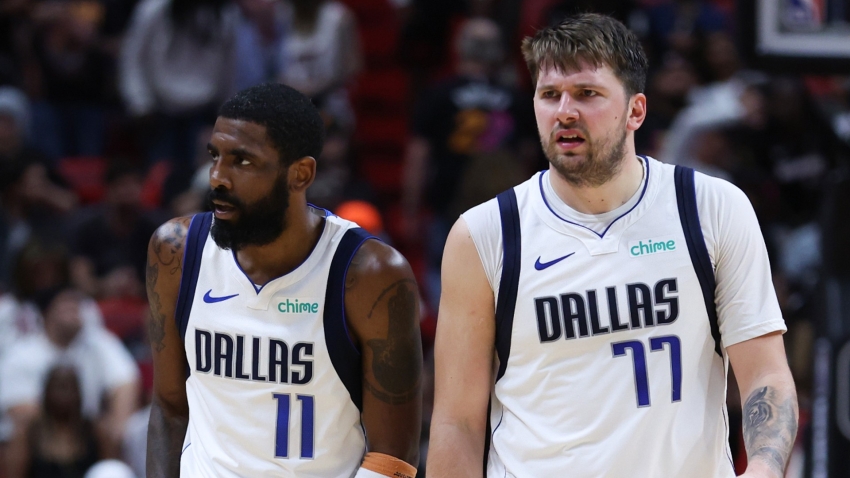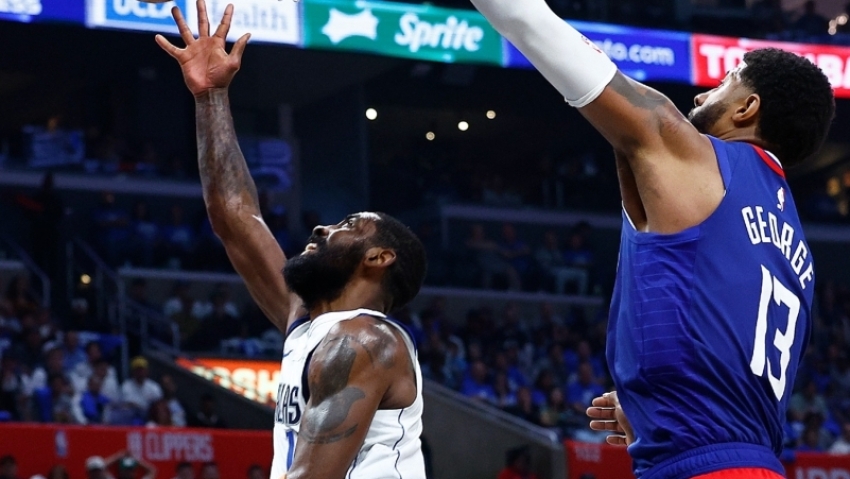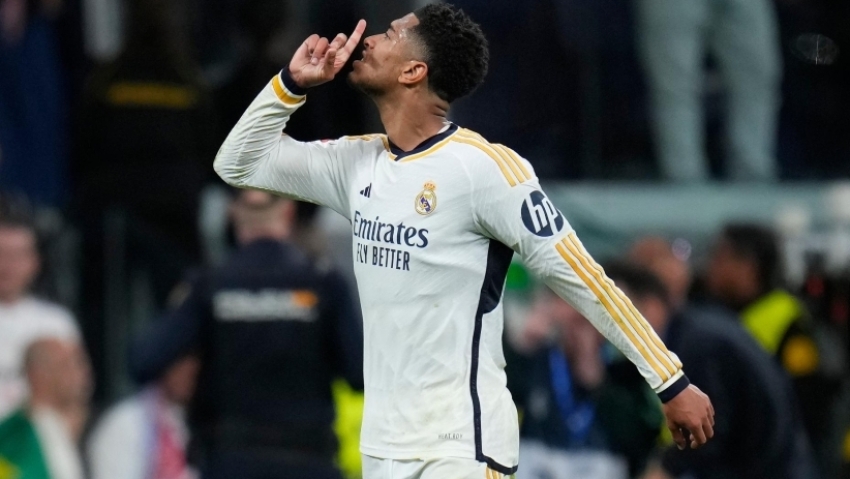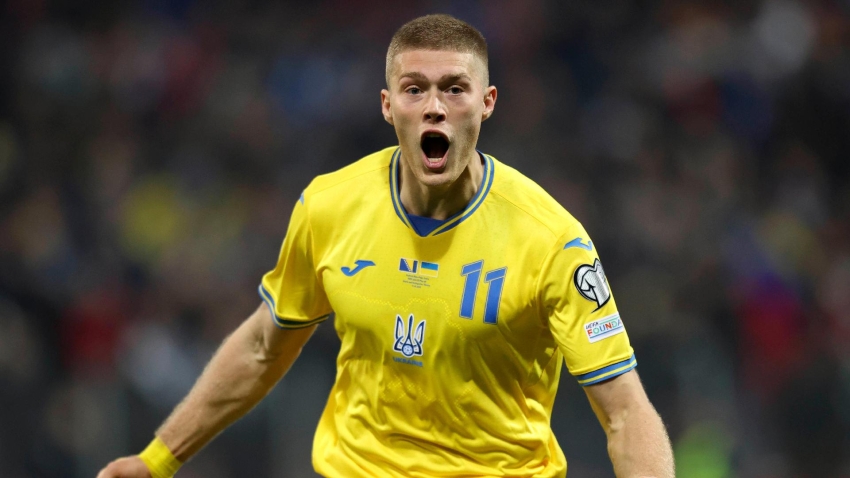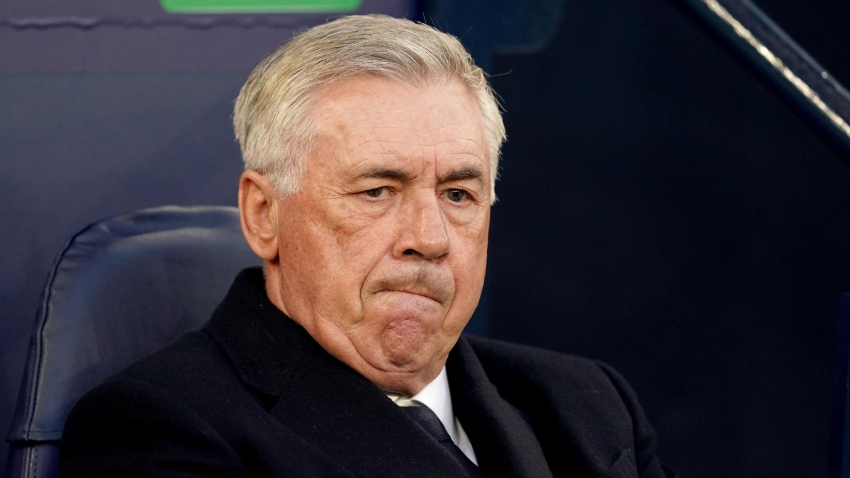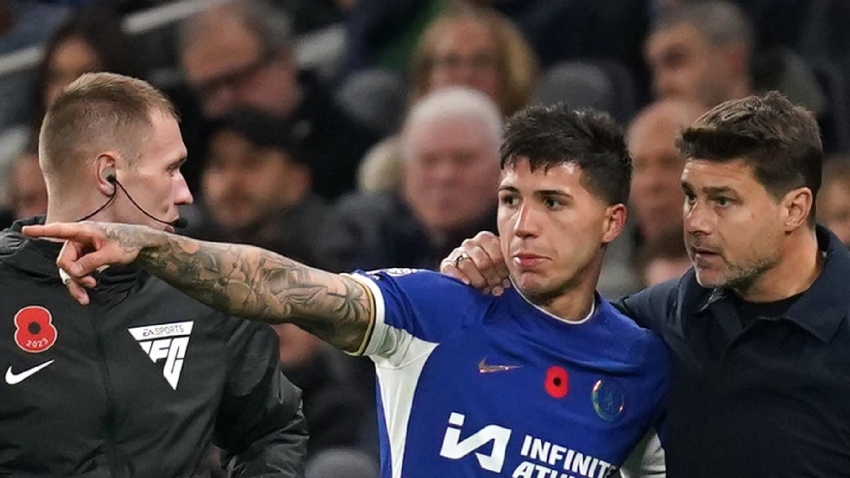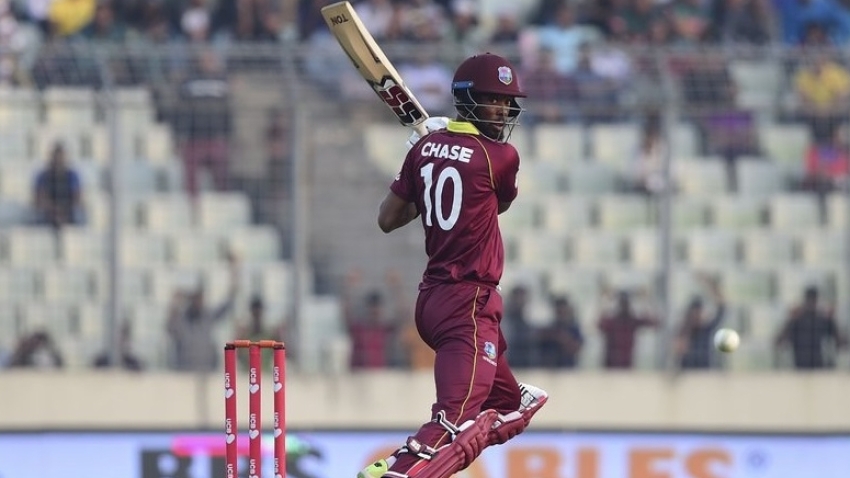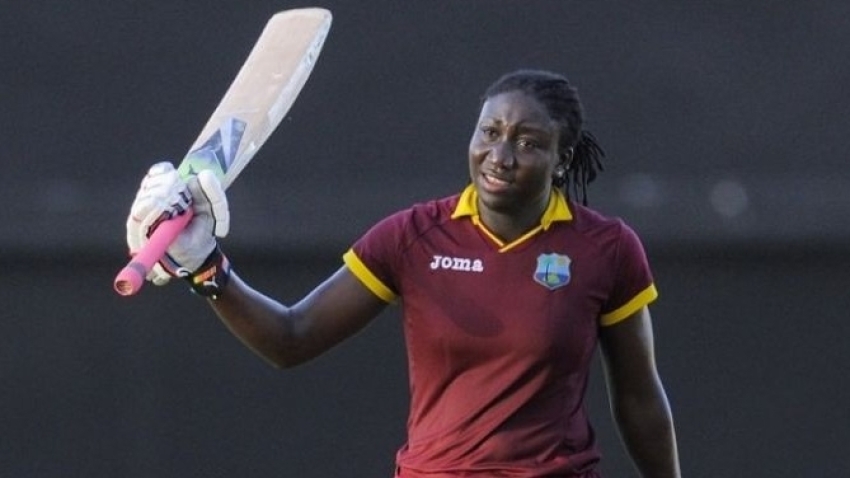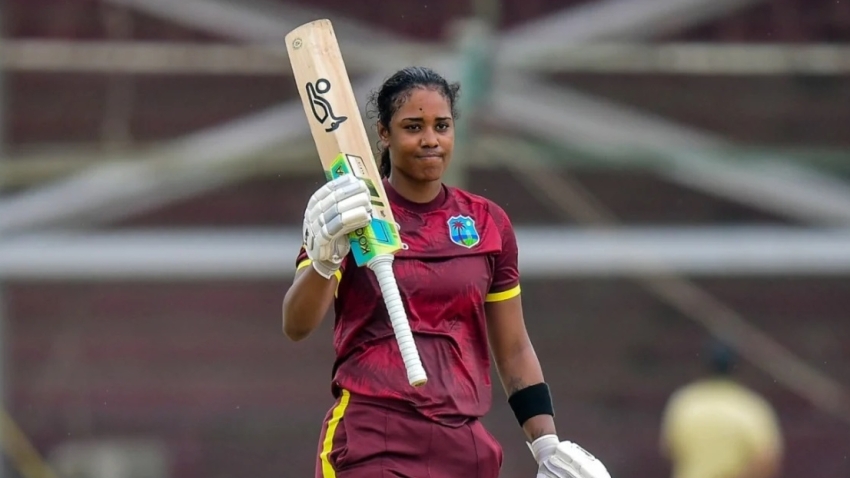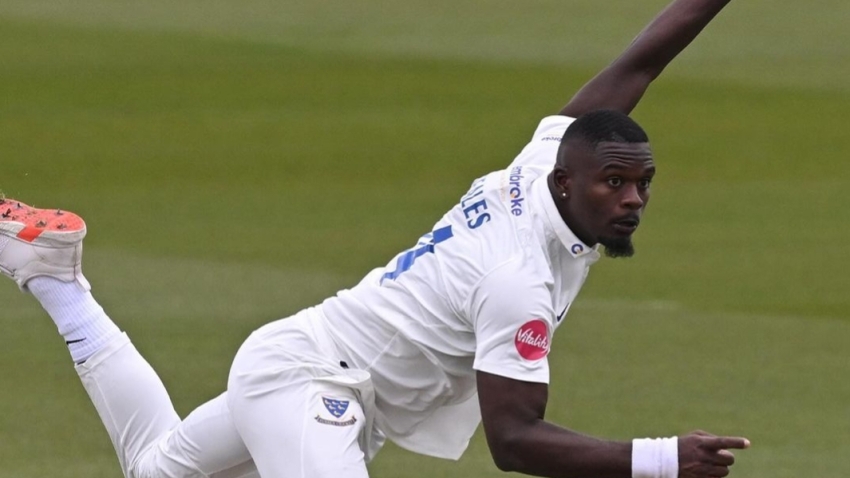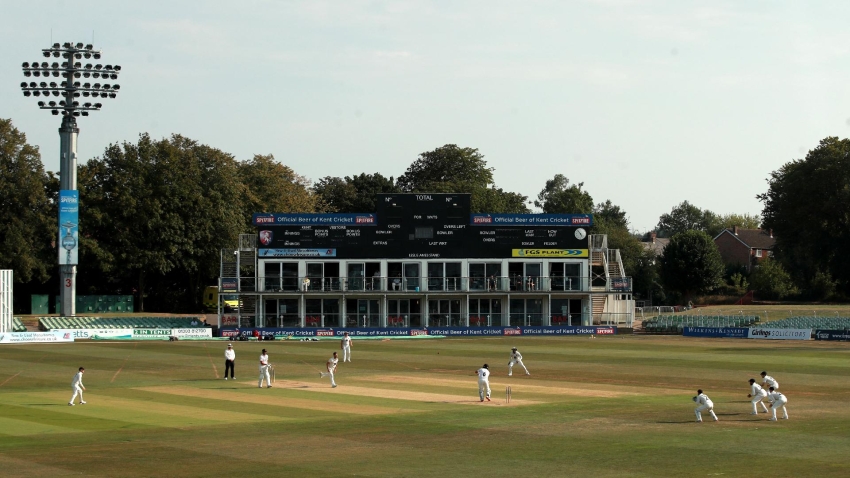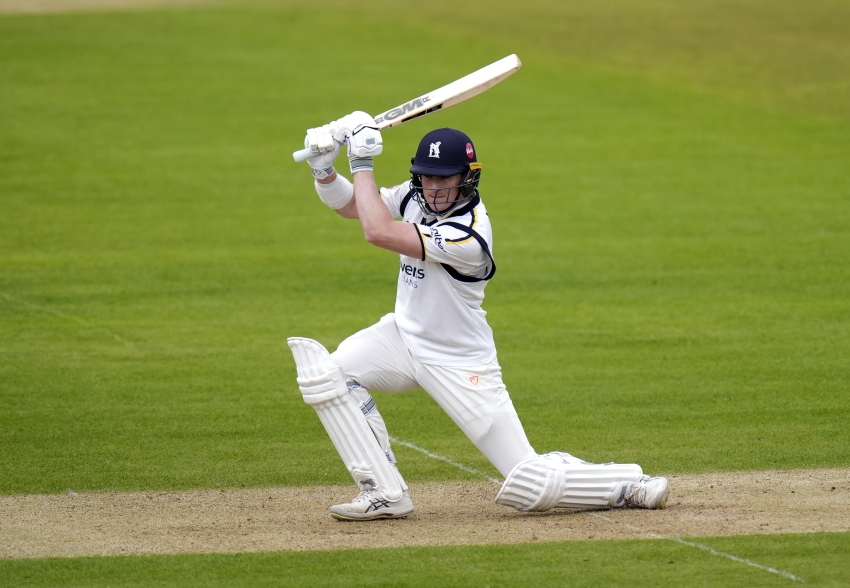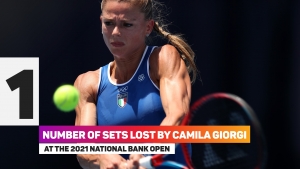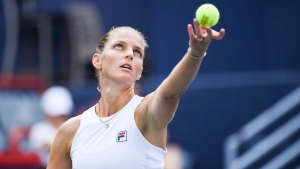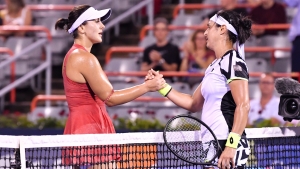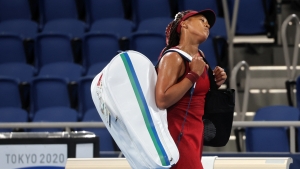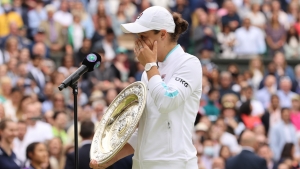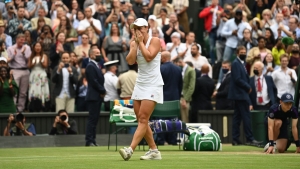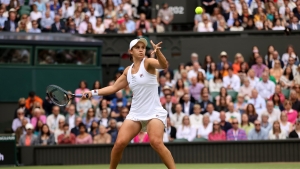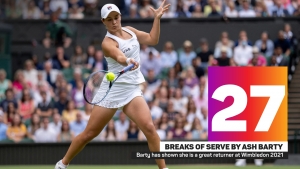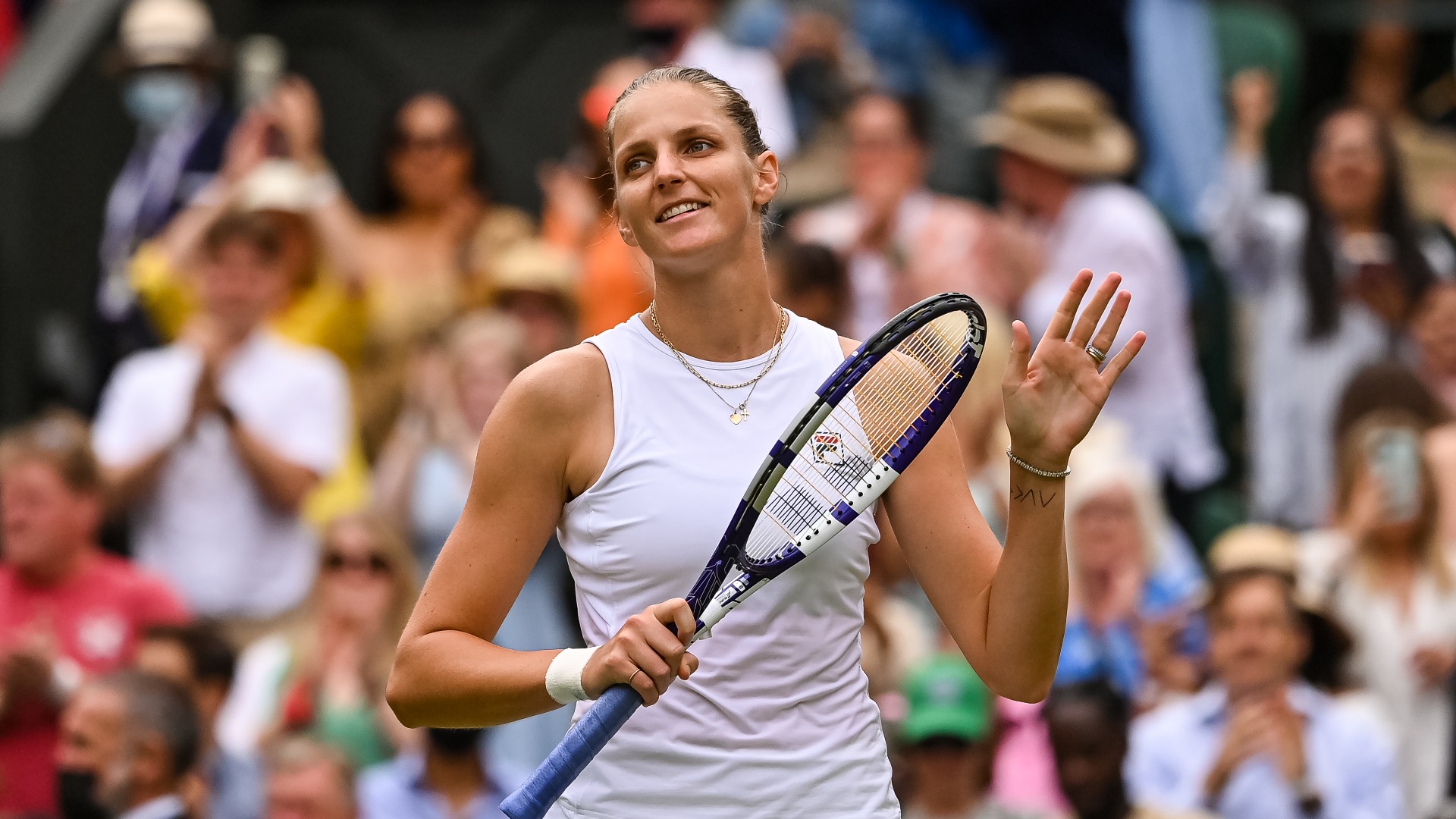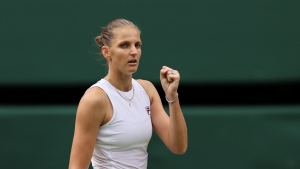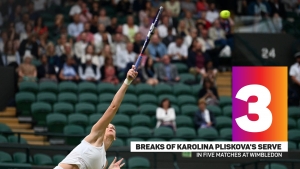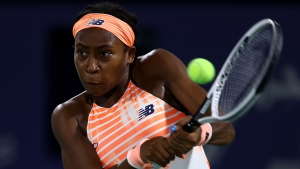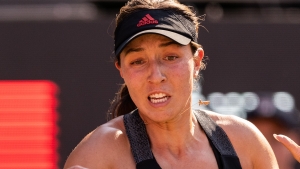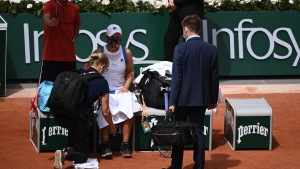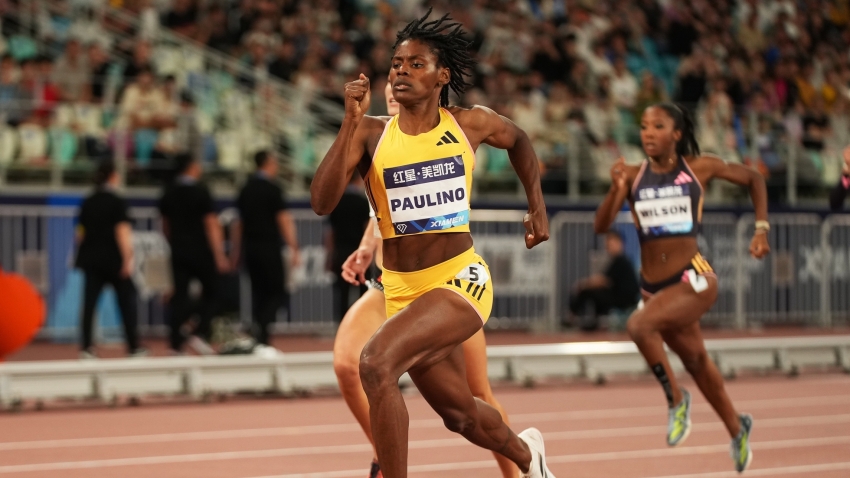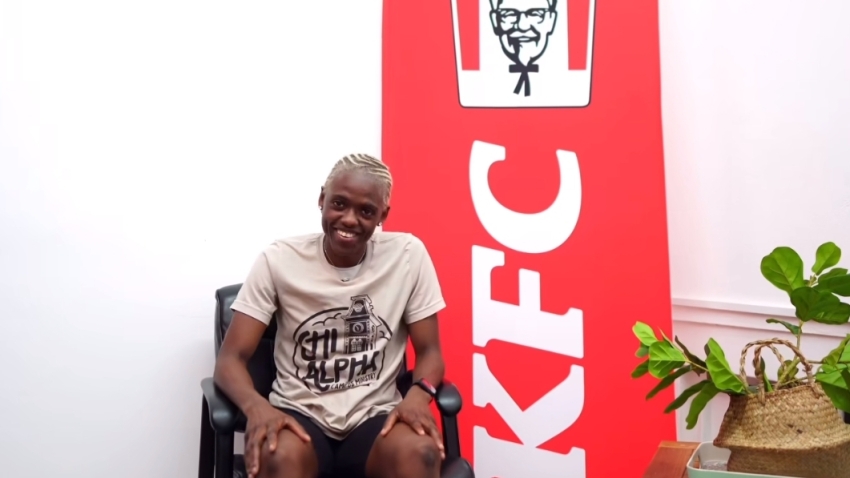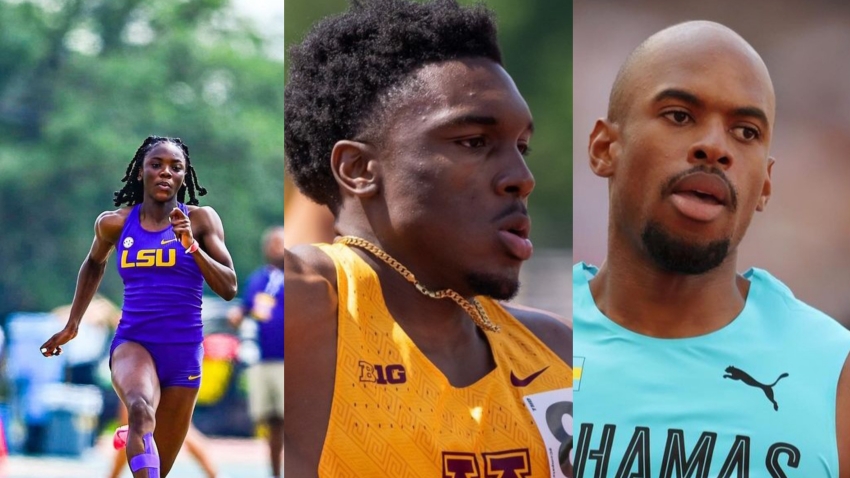After an enforced hiatus in 2020 due to the coronavirus pandemic, tennis returns to SW19.
Novak Djokovic makes his way back to Wimbledon as the defending champion and with the men's grand slam record firmly in his sight.
Djokovic conquered Rafael Nadal en route to French Open glory and his 19th slam crown – one shy of the record shared by rivals Nadal and Roger Federer.
With Nadal and Dominic Thiem absent, Djokovic's path to a 20th major trophy has opened up in London.
The women's title is up for grabs after holder Simona Halep withdrew, and Serena Williams can still dream of making history.
As all eyes shift to the All England Club, Stats Perform looks at the numbers behind this year's slam, using Opta data.
Dominant Djokovic
World number one and top seed Djokovic begins his title defence against promising Briton Jack Draper in the first round.
French Open champion Djokovic has won four of the last six Wimbledon tournaments, including each of the past two – the last player to win more at Wimbledon in a row was Federer between 2003 and 2007 (five).
A five-time Wimbledon winner, Djokovic is the only man to have won the first two grand slam tournaments of a calendar year over the last 25 years, doing it in 2016 and 2021. The last man to win the first three grand slams of a calendar year was Rod Laver during his Grand Slam in 1969.
The 2019 Wimbledon final was the first slam decider to be decided by a final set tie-break, with Djokovic beating Federer 7-3 in that tiebreak, while it was also the longest final in Wimbledon history (four hours, 57 minutes).
No man has won Roland Garros and Wimbledon in the same year since Nadal in 2010.
Federer farewell?
The curtain appears to be closing on all-time great Federer, who withdrew from the French Open after a draining four-set win over Dominik Koepfer to preserve his body for the grass season.
This year's Wimbledon could be the 39-year-old's final realistic shot at a grand slam as Djokovic bids to become the greatest of all.
Seeded sixth, Federer – who meets Adrian Mannarino first up – has won the most Wimbledon titles among all male players in the slam's history.
Federer will aim to win his 21st grand slam, which would break a tie with Nadal for the outright men's record.
The 'Big Four' and their stranglehold
Injuries have forced two-time Wimbledon champion Andy Murray to fall out of the equation but there has been no getting past the original 'Big Four'.
Among the men, the last 17 years of Wimbledon has been dominated by the same four players – Federer (eight titles), Djokovic (five), Nadal (two), Murray (two). The last winner at Wimbledon before them was Lleyton Hewitt in 2002.
Since Wimbledon in 2004, only one of the 68 slams has not seen at least one of Federer, Djokovic and Nadal in the semi-finals – it was at the US Open last year.
The new generation is headlined by grand slam runners-up Daniil Medvedev and Stefanos Tsitsipas.
Medvedev has never passed the third round at Wimbledon, though his two defeats at that stage have both been in five sets. The Russian second seed has reached at least the quarter-finals in three of his last four major tournaments, after reaching that stage in only one of his previous 13.
Beaten by Djokovic in the Roland Garros final, Tsitsipas has reached the semi-finals in his last three slams, having done so only once in his previous 12. The third seed has never reached the quarter-finals at Wimbledon, however.
Wimbledon is the only slam where fourth seed Alexander Zverev is yet to reach the quarter-final, his best result being a fourth-round performance in 2017. Since the beginning of 2020, he has advanced to the semi-finals in three slam tournaments, after never doing it in his previous 18 such major main-draw appearances.
Serena's ongoing quest
The queen of WTA tennis for so long, Serena Williams is one slam success away from matching Margaret Court's record of 24 major singles championships. But the 39-year-old has been stuck on 23 since reigning supreme at the Australian Open in 2017.
Williams, who lost in the French Open fourth round, has won seven Wimbledon titles (level with Steffi Graf) – only Martina Navratilova has more in the Open Era (nine).
American superstar Williams has been a Wimbledon runner-up in 2018 and 2019. Chris Evert is the only player in the Open Era to have lost three consecutive Wimbledon finals (between 1978 and 1980).
Williams, the sixth seed who will clash with Aliaksandra Sasnovich in the opening round, is looking to become only the second woman to win 100 Wimbledon singles matches (currently 98), alongside Navratilova (120). She could also become the first woman to reach 100-plus wins in two different majors (106 wins at the US Open).
From the first Wimbledon final reached by one Williams sister in 2000 (won by Venus against Lindsay Davenport), only in four of 20 editions has neither of the two sisters reached the decider – in 2006 (Amelie Mauresmo-Justine Henin), 2011 (Petra Kvitova-Maria Sharapova), 2013 (Marion Bartoli-Sabine Lisicki) and 2014 (Kvitova-Eugenie Bouchard).
Barty party?
Former French Open champion Ash Barty heads to Wimbledon as the top seed and will kick off her title bid against veteran Carla Suarez Navarro.
However, world number one Barty has never reached the Wimbledon quarter-finals. Reaching the 2019 fourth round was her best result. The last Australian woman to reach the quarters at Wimbledon was Jelena Dokic in 2000.
The top seed in the Wimbledon women's singles main draw has been eliminated in the first round just three times in the Open Era – Graf in 1994, Martina Hingis in 1999 and Hingis again in 2001.
Wimbledon is the only major won by Kvitova in her career (2011 and 2014). She is one among the three current players with multiple titles at the All England Club, alongside Serena and Venus Williams.
Karolina Pliskova was the woman with the most aces per match made on average at Wimbledon 2019 (9.0, 36 in total) among players who reached the third round.


